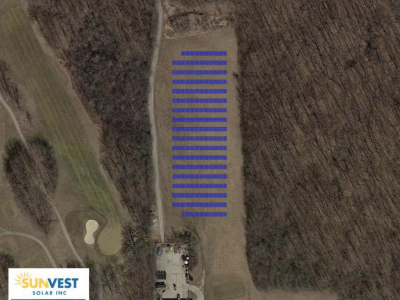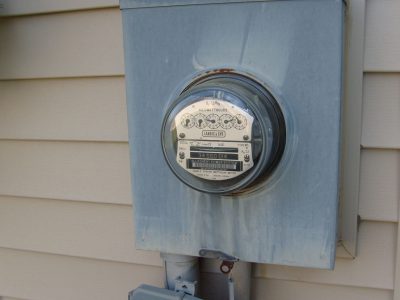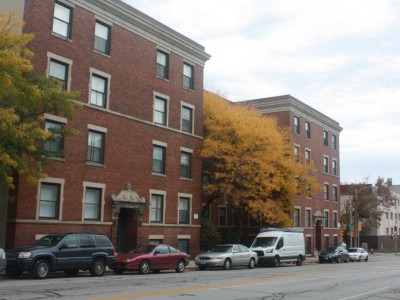Related Articles - Page 17
Parks Planning Three Acre Solar Farm
We Energies would install a solar array on unused land at Oakwood Park Golf Course.
Apr 9th, 2021 by Graham KilmerRegulators OK Utilities’ Plan For Past Due Bills
Deferred payments and payment plans for 93,000 customers facing disconnection.
Apr 9th, 2021 by Danielle KaedingMadison Utility To Become State’s Solar Star
Alliant Energy plans to become largest owner, operator of solar power in Wisconsin.
Mar 31st, 2021 by Danielle KaedingUtility Moratorium Ending April 15th
Utilities report thousands of homes and businesses could have utilities disconnected.
Mar 18th, 2021 by Danielle KaedingState Regulators Investigating How To Reach 100% Clean Energy
The Public Service Commission plans to develop a roadmap to carbon-free energy production.
Mar 12th, 2021 by Danielle Kaeding$322 Million in Rental, Utility Aid Available
Evers announces new funding provided from latest federal stimulus bill.
Feb 27th, 2021 by Rich KremerRenewable Energy Group Sues State Regulators
Midwest Renewable Energy Association says state creates barriers to alternative energy.
Feb 27th, 2021 by Danielle KaedingUtilities Plan $400 Million Solar Project
WEC Energy Group and Madison utility to partner on solar and battery storage project in Kenosha County
Feb 17th, 2021 by Danielle KaedingPandemic Worsens State’s Broadband Gap
Rural areas and urban poor left out. Evers calls 2021 the "Year of Broadband Access."
Jan 25th, 2021 by Steven Walters430,000 Wisconsinites Lack Broadband Access
State is 36th in rural access to high-speed internet, with gaps in Waukesha, Racine counties, report finds.
Jan 4th, 2021 by Danielle KaedingCommission Clears Regulatory Hurdle for Electric Vehicle Infrastructure
Utilities will no longer have to run pilot programs for electric vehicle charging infrastructure.
Dec 18th, 2020 by Danielle KaedingAll Utilities Can’t Disconnect Service Until Spring
New moratorium bars shutting off water, power and heat.
Oct 23rd, 2020 by Danielle Kaeding


























